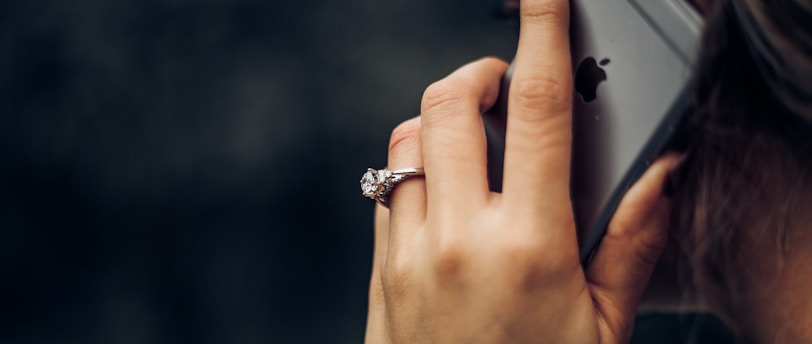Supreme Court on Secret Call Recordings between Husband and Wife Can Secret Call Recordings Be Used as Evidence in Matrimonial Disputes?
Advocate Rajinder Pal Singh
8/8/20252 min read


Supreme Court on Secret Call Recordings between Husband and Wife
Can Secret Call Recordings Be Used as Evidence in Matrimonial Disputes?
In a significant development, the Supreme Court of India has addressed the question of whether secretly recorded phone conversations between spouses can be admissible as evidence in matrimonial disputes. This issue has gained prominence in divorce, maintenance, and domestic violence cases where one party may present a secretly recorded conversation to support their claim.
Background
The legal question arises primarily in family law cases, particularly where allegations of mental cruelty, harassment, abuse, or infidelity are involved. With the increasing use of technology and mobile phones, it has become easier to record private conversations. However, the admissibility of such evidence has been controversial.
Supreme Court’s Observations
The Hon’ble Supreme Court, while dealing with such matters, has made the following key observations:
Secretly recorded phone conversations between husband and wife are not per se inadmissible.
If the recording is relevant to the issue and authentic, and if it has not been tampered with, it may be allowed as evidence.
Such recordings must comply with Section 65B of the Indian Evidence Act, 1872 for electronic records.
The court emphasized that the right to privacy is important, but cannot override the right to present truthful evidence in cases where the intention is not malicious and it is used solely for establishing the facts.
If one party voluntarily engages in the conversation, and the recording is done without manipulation, it does not amount to a breach of privacy in the context of matrimonial disputes.
The purpose of using such a recording must be bona fide, such as proving cruelty or harassment.
Conditions for Admissibility
Relevance to the case
Authenticity and no tampering
Compliance with the Evidence Act (Section 65B)
Proper certification for electronic evidence
Recording must not be illegally obtained from a third-party conversation
Conclusion
The Supreme Court has clarified that secret recordings between husband and wife can be admissible as evidence, subject to legal safeguards. This provides clarity in many ongoing matrimonial litigations where parties often rely on digital recordings to prove or disprove allegations.
However, courts must carefully weigh the balance between right to privacy and justice, and ensure that such evidence is not misused or manipulated. It also highlights the need for ethical use of technology in legal battles.
Expert legal counsel for individuals and businesses.
Rajinder Pal Singh Advocate
9810310132
Since 1998
Designed By Digital Singh
